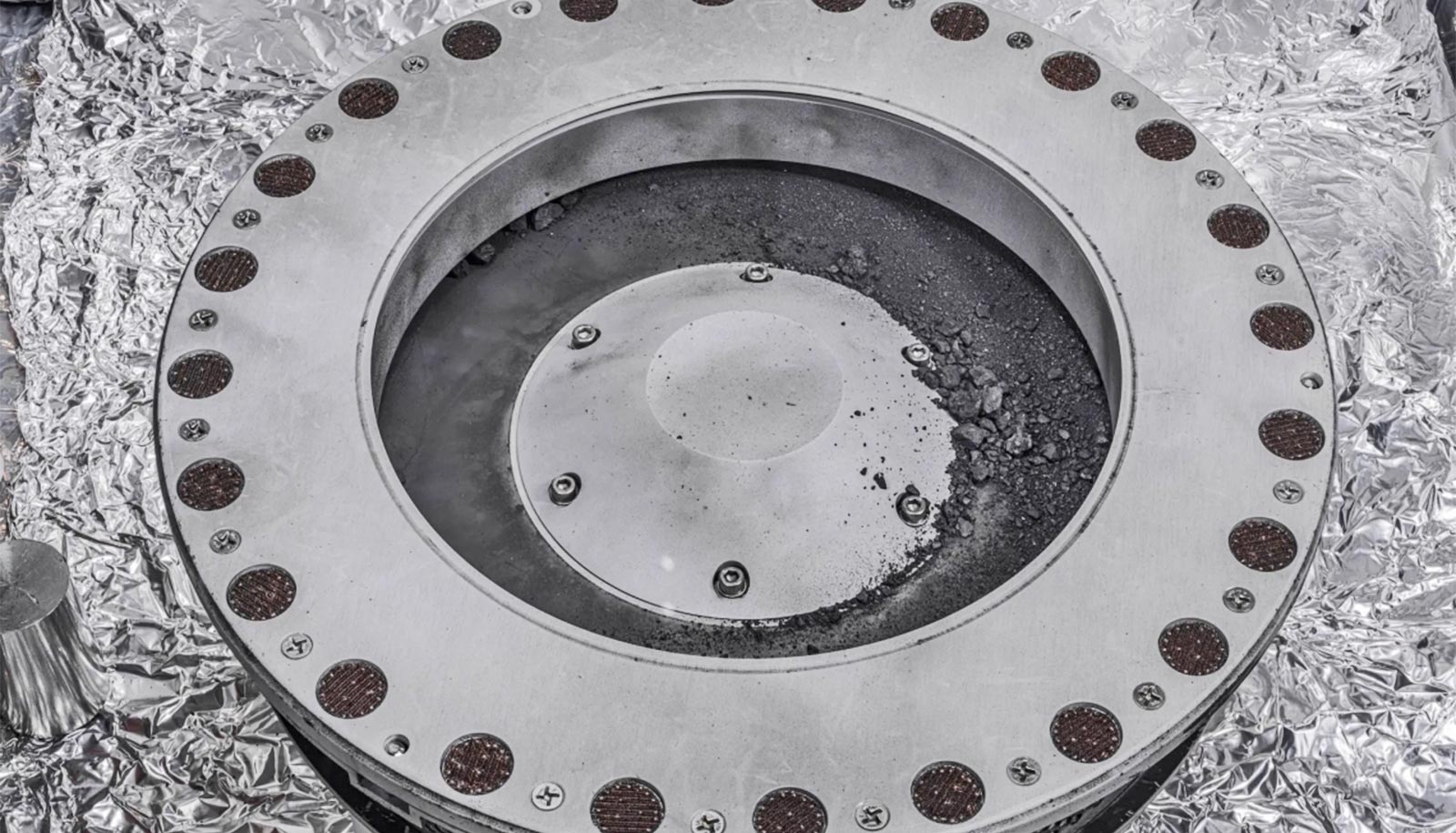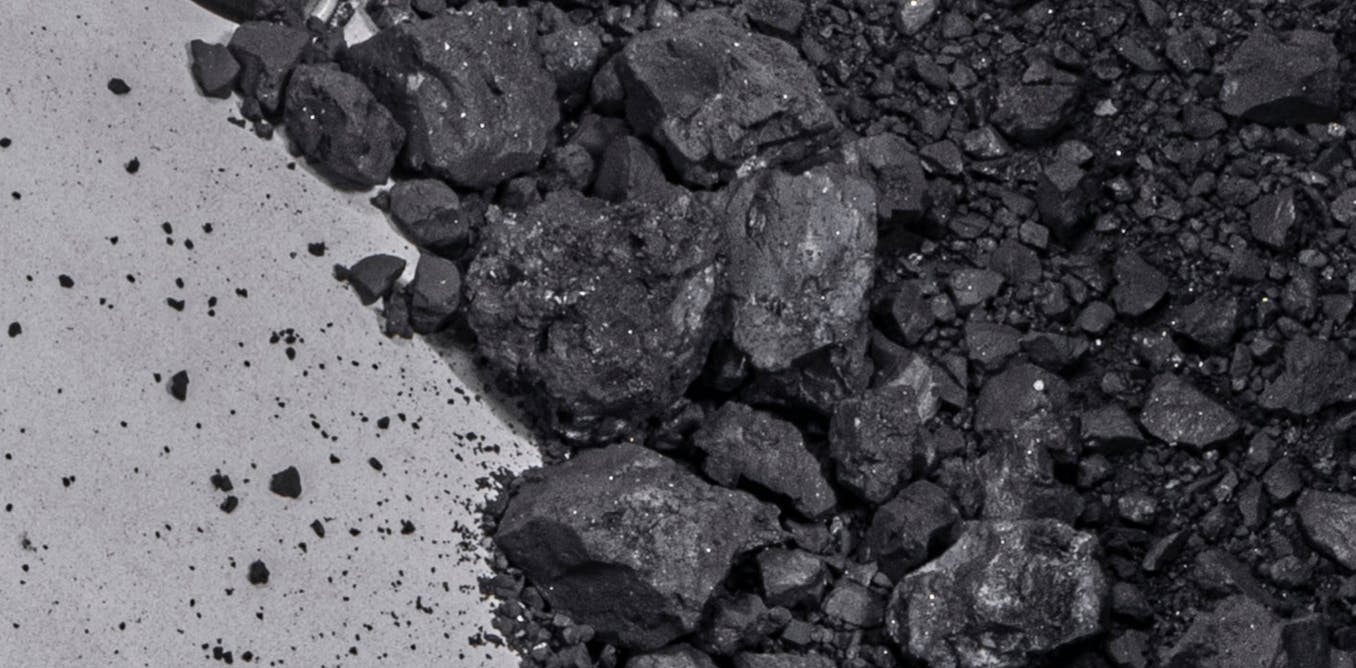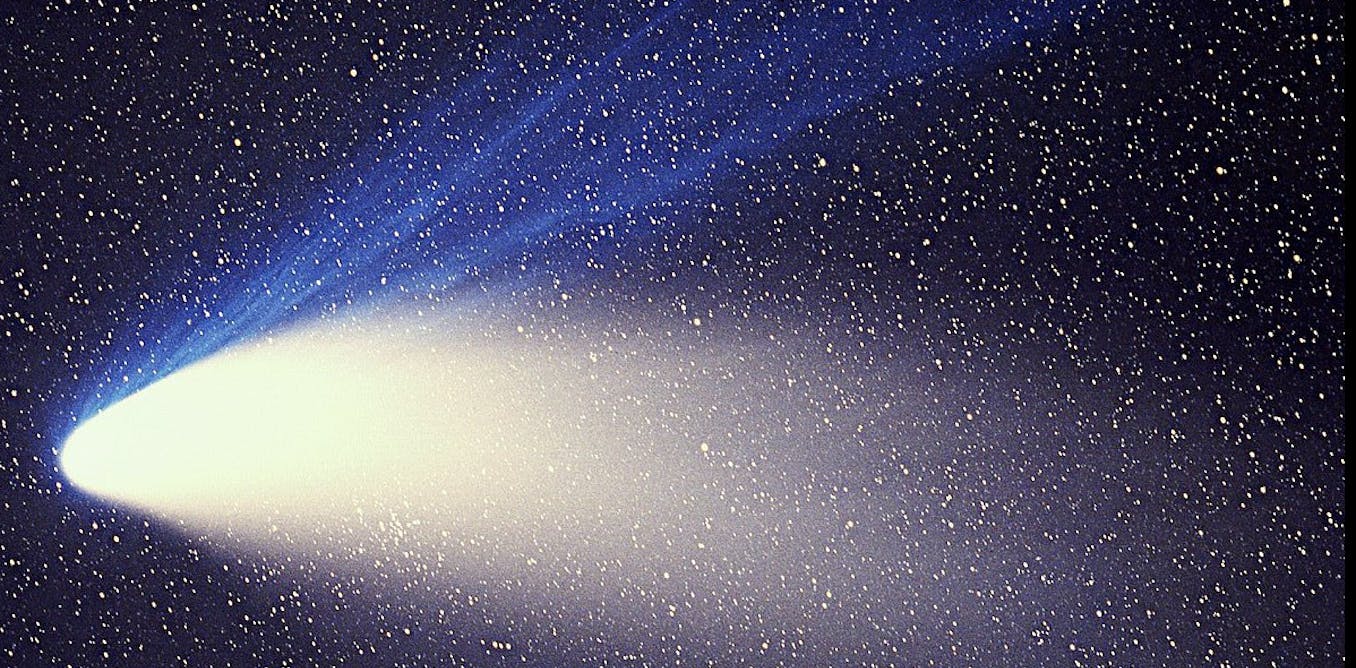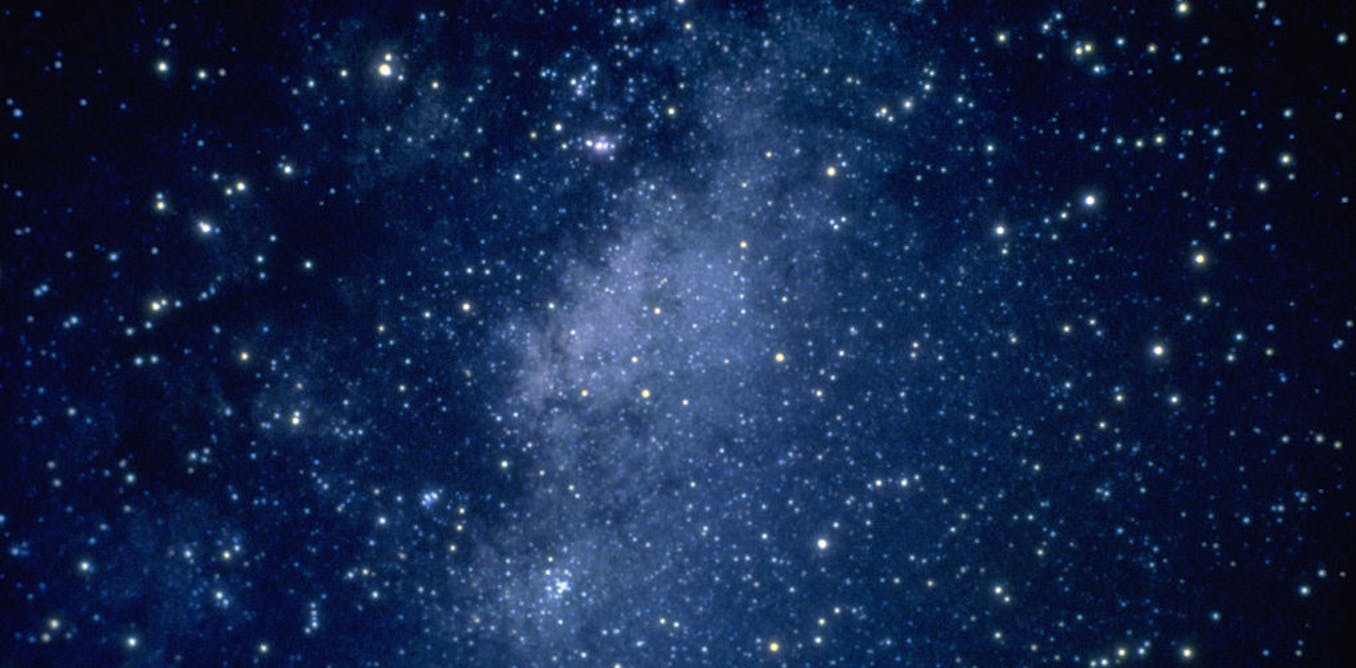Osiris-Rex: Nasa reveals evidence of water and carbon in sample delivered to Earth from an asteroid
Studying the sample could help answer how water arrived on Earth and how life started.
Lucinda King, Space Projects Manager & Mission Design Lead, University of Portsmouth •
conversation
Oct. 13, 2023 • ~7 min
Oct. 13, 2023 • ~7 min
Astronomers have learned lots about the universe − but how do they study astronomical objects too distant to visit?
Controlled experiments are impossible in astronomy, as are direct measurements of physical properties of objects outside our solar system. So how do astronomers know so much about them?
Luke Keller, Professor of Physics and Astronomy, Ithaca College •
conversation
Oct. 12, 2023 • ~7 min
Oct. 12, 2023 • ~7 min
The afterglow of an explosive collision between giant planets may have been detected in a far-off star system
The discovery provides a way to study the birth of an entirely new planet in real time.
Zoe Leinhardt, Associate Professor, School of Physics, University of Bristol •
conversation
Oct. 11, 2023 • ~7 min
Oct. 11, 2023 • ~7 min
Comets 101 − everything you need to know about the snow cones of space
There’s a flurry of excitement every time a comet comes into view from Earth. But what are these celestial objects, and where do they come from?
Shannon Schmoll, Director of the Abrams Planetarium, Michigan State University •
conversation
Oct. 11, 2023 • ~8 min
Oct. 11, 2023 • ~8 min
How do astronomers know the age of the planets and stars?
Measuring the ages of planets and stars is tricky. An observational astrophysicist describes the subtle clues that provide good estimates for how old different space objects are.
Adam Burgasser, Professor of Astronomy & Astrophysics, University of California, San Diego •
conversation
Oct. 2, 2023 • ~6 min
Oct. 2, 2023 • ~6 min
/
133










